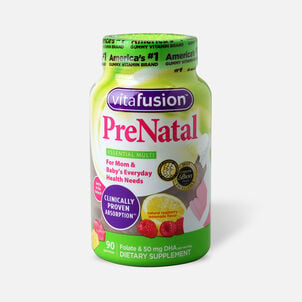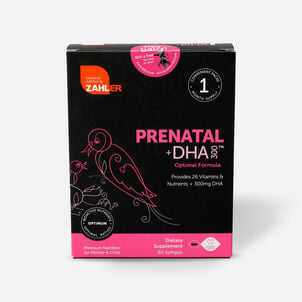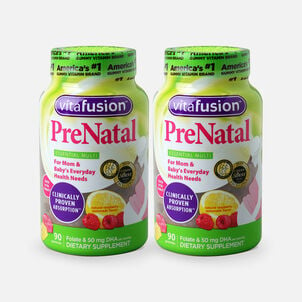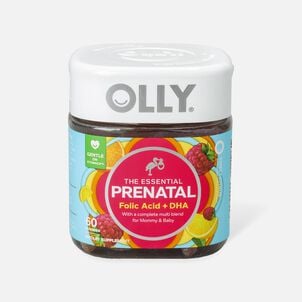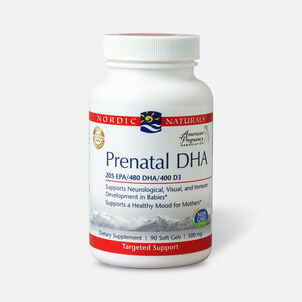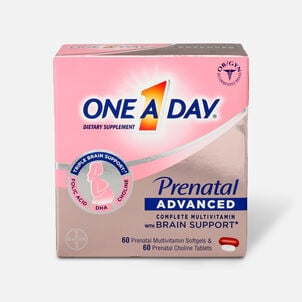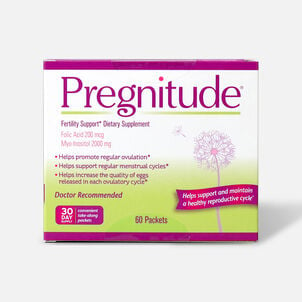The Complete HSA Eligibility List
Here it is — the most-comprehensive eligibility list available on the web. From A to Z, items and services deemed eligible for tax-free spending with your Flexible Spending Account (FSA), Health Savings Account (HSA), Health Reimbursement Arrangement (HRA) and more will be here, complete with details and requirements. Important Reminder: HSAs, FSAs, HRAs and other account types listed may not all be the same. Be sure to check with your administrator to confirm if something is eligible before making a purchase.
Here it is — the most-comprehensive eligibility list available on the web. From A to Z, items and services deemed eligible for tax-free spending with your Flexible Spending Account (FSA), Health Savings Account (HSA), Health Reimbursement Arrangement (HRA) and more will be here, complete with details and requirements. Important Reminder: FSAs, HRAs and other account types listed may not all be the same. Be sure to check with your administrator to confirm if something is eligible before making a purchase.
Prenatal Vitamins: HSA Eligibility
Prenatal Vitamins: eligible with a Health Savings Account (HSA)HSA Eligible Prenatal Care
Why do pregnant women take prenatal vitamins?
A healthy balanced diet is the best way to get the vitamins and minerals you need. Even with a healthy diet, it can be tough to get the right amount of every key nutrient through diet alone. For women who are pregnant or hoping to conceive, taking prenatal vitamins can aid in filling in the gaps (WebMD).
Prenatal vitamins contain more folic acid and iron than do standard adult multivitamins, nutrients that are in high demand in a pregnant body. Folic acid helps prevent neural tube defects such as serious abnormalities of the brain and spinal cord and congenital heart disease. Iron supports the baby's growth and development by allowing the woman's body to deliver enough oxygen to the baby. Furthermore, iron helps prevents anemia, a condition where the blood lacks enough healthy red blood cells or hemoglobin.
When should I take prenatal vitamins and for how long?
You would ideally start taking prenatal vitamins before conception. Having additional folic acid in your body at least one month prior to pregnancy can further help prevent many diseases. At an early stage you would only need a 400 microgram daily dose. The baby's neural tube, which becomes the brain and spinal cord, develops during the first month of pregnancy – perhaps before you even know that you're pregnant. It's best to take prenatal vitamins throughout your entire pregnancy and even for a period after your baby is born if you're breast-feeding (LIVESTRONG).
Are there any side effects?
Some women experience queasiness after taking prenatal vitamins. Taking the vitamin with a snack before going to bed is the best way to mitigate this. An additional side effect is constipation which can be combated by drinking plenty of fluids, including more fiber in the diet, and exercising regularly (MedicineNet.com).


